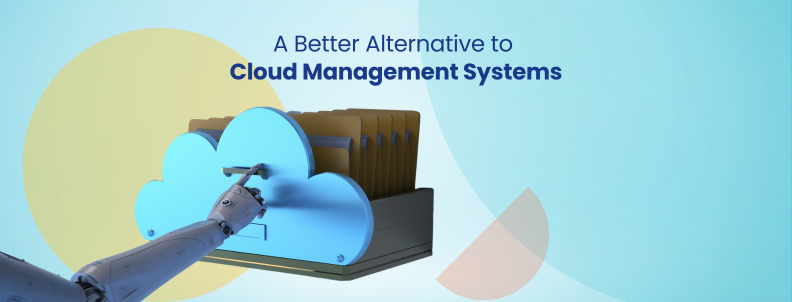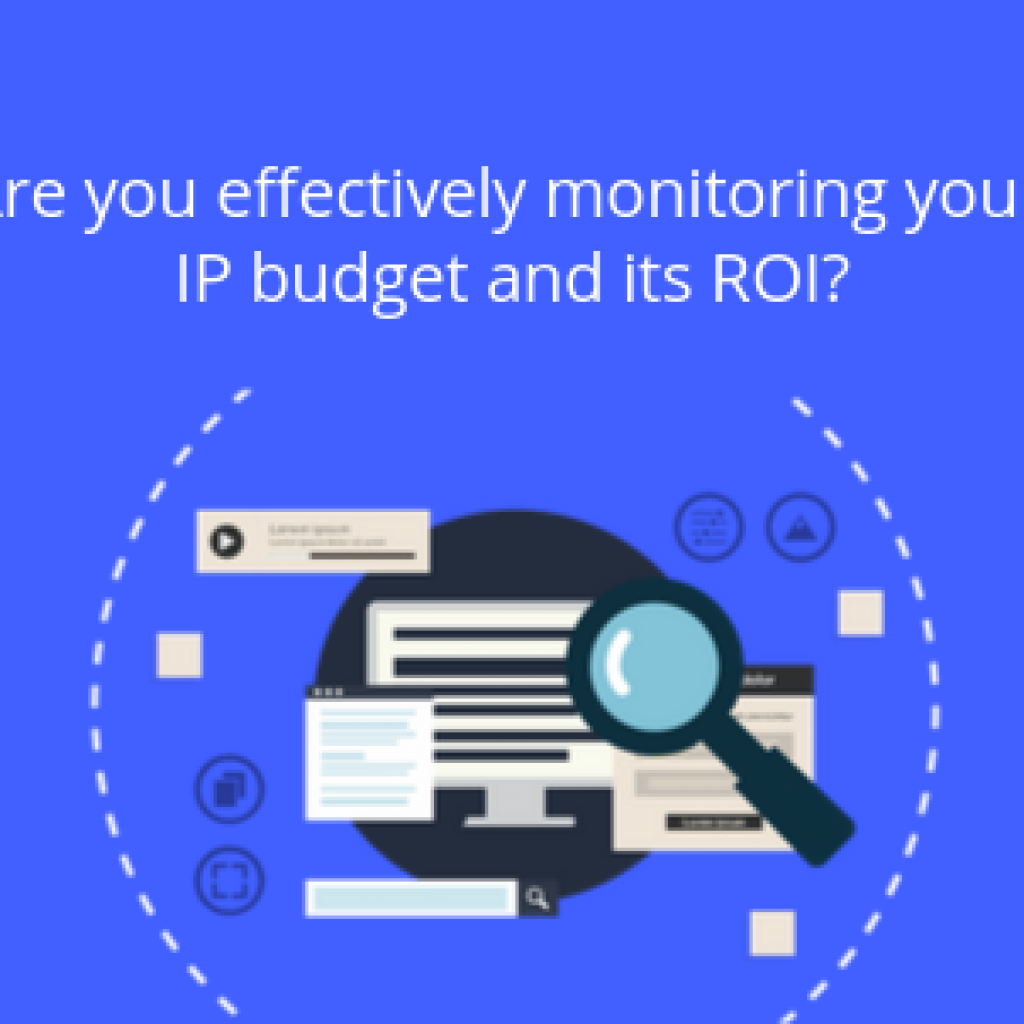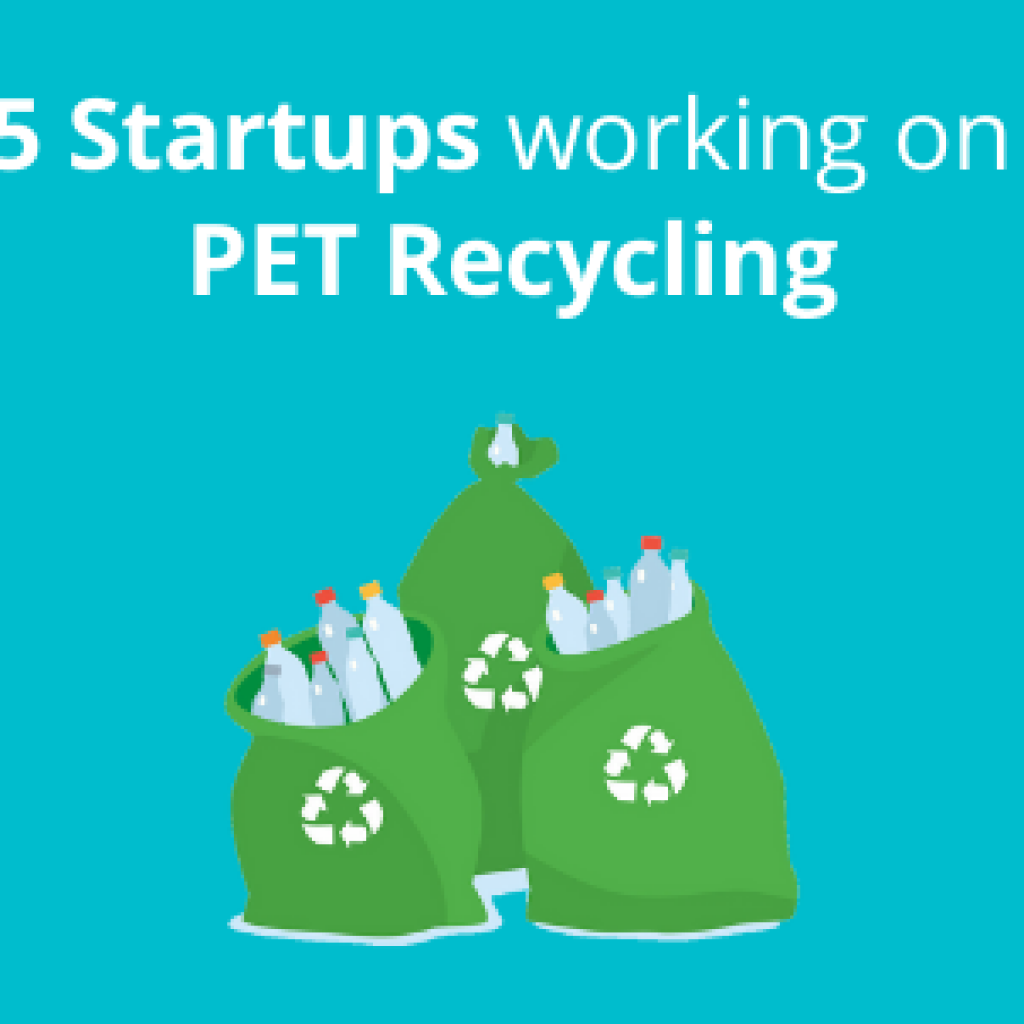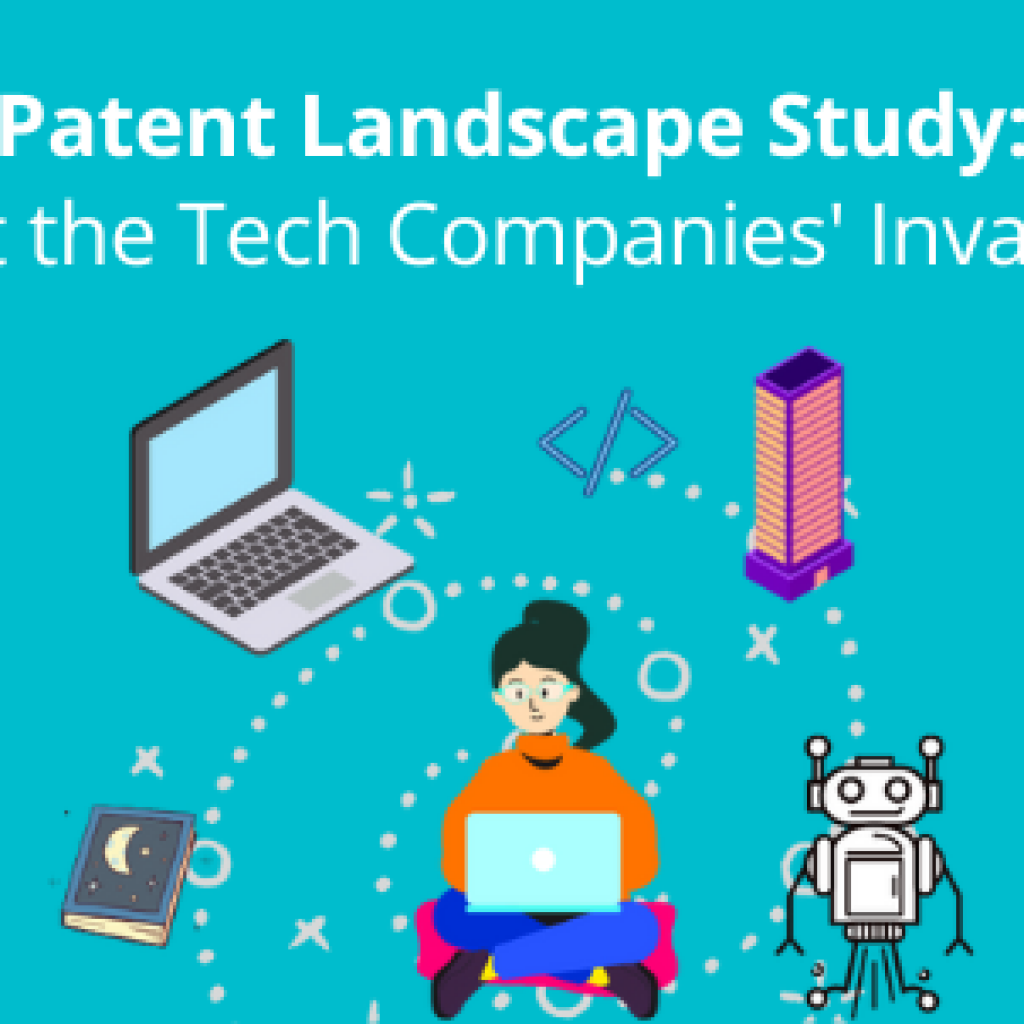Opting for cloud knowledge management systems is the new trend among organizations, whether a tech giant or a small paper manufacturing company. But uploading years of company intelligence to the cloud is like giving your credit card information to your kids. Remember when UpGuard discovered 540 million unsecured Facebook user data records on public Amazon S3 cloud servers?
The third-party app developer and Mexican media company Cultura Colectiva failed to password-protect their entire dataset, leaving the information open for anyone to access and download.
Not only that, in 2021, some hackers scraped LinkedIn data and were able to post the user identities of about 700 million people (>93% of the total user base).
Every organization has incredible people that create a lot of knowledge over the course of their careers. This knowledge resides in numerous documents, presentations, spreadsheets containing a 5-year strategy, emails containing client details, etc. In short, sensitive data, reserved for the company’s eyes only.
Statista shares that over 60 percent of all corporate data is stored in the cloud today. Companies are increasingly shifting their resources into cloud environments for business agility and in the hope of improved security. However, the reality differs.
Why is Cloud a Big NO for your company’s knowledge management?
While cloud computing brings many benefits, including cost savings, scalability, and flexibility, it presents several security implications businesses can’t afford. Data breaches and insider threats are the most prevalent ones.
Data Breach
Storing data in the cloud makes it vulnerable to cyberattacks. Cloud providers typically implement strong security measures, but businesses still need to take measures to protect their data by implementing access controls, encryption, etc.
Insider Threat
Additionally, cloud providers typically have large numbers of employees who have access to sensitive data. Businesses must ensure that their cloud provider implements strict access controls and monitoring to prevent insider threats.
The possibility of an insider threat can never be ruled out. Imagine having a confidential conversation with a high-value client and your competitor listening to it from the other end. One such case emerged recently when it came to light that Microsoft’s staff is reading the Bing chatbot (Bing’s version of ChatGPT) conversations. This has raised data protection concerns among top companies like J.P. Morgan Chase and Amazon, which have now restricted their users from using ChatGPT.
Companies like Amazon, Google, and Apple have also faced criticism for the same reasons. To make matters worse, these providers get away with this by adding just a few lines to their privacy policy. Microsoft added two notes to its privacy statement last week- data generated from bots is collected and can be processed by humans.
So if you are giving your company’s valuable data to these cloud providers, you seriously need to reconsider.
But how do you manage and derive intelligence from your business data without exposing it to the world?
An ideal/safe alternative to cloud knowledge management systems
Spotter is the offline knowledge management solution that processes the data on your own servers behind your organization’s firewall. No hidden telemetry, data collection, or user tracking. The tool supports hundreds of file formats, including PDF with images and Nested compressed files, works with terabytes of data, and supports horizontal scaling on the internal network.
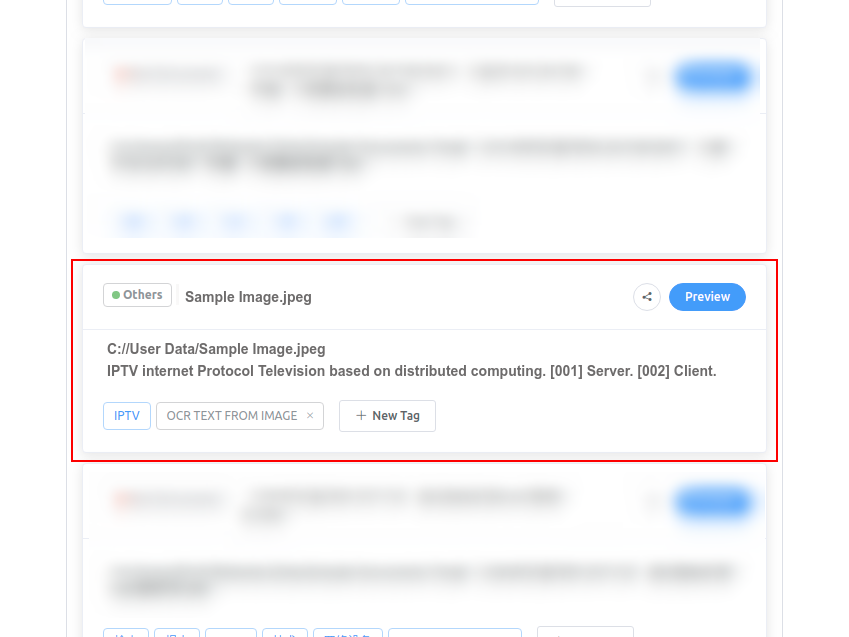
Not just that, with offline machine intelligence and natural language processing capabilities, Spotter can help you derive data intelligence and even extract useful patent insight from the data.

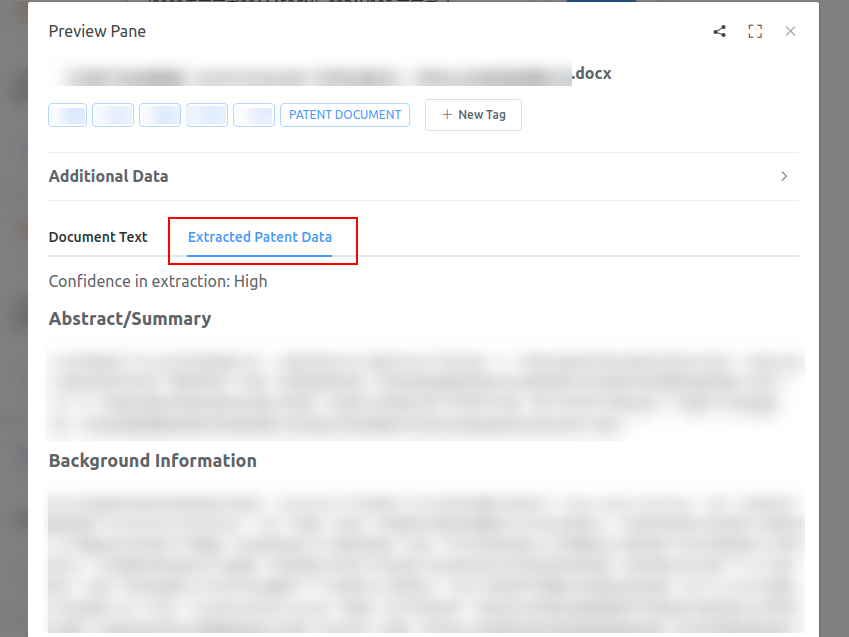
Sounds like a safer alternative to your third-party cloud system?
Let’s talk.
Authored By: Sarthak Jain, Product Development

